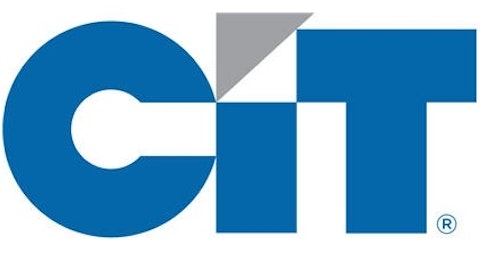Bitcoin is not attached to a central bank while only 21 million Bitcoins can ever be “mined.” This automatically means that we won’t have to fuss over disruptive monetary policies taking a toll on its purchasing power. Also, it means that Bitcoin could emerge as a unique supranational currency, enabling decision makers across the world to form macroeconomic policies with no strings attached. On the flip side, the fact that there can only be 21 million coins in circulation contradicts the true meaning of “international currency.”
However, Bitcoin is revolutionary. It is the outcome of technological innovation, which largely defines today’s world. We may frown on it, but we cannot ignore it. Just a few days ago, theDepartment of Homeland Security seized an account connecting Mt. Gox – the Japanese exchange where many Bitcoin backers trade the currency – and payment services providerDwolla. Yet, this doesn’t mean that Bitcoin’s fate is sealed. Most traders welcome US government’s interest in shaping up the way Bitcoins are transmitted.
What does the Bitcoin phenomenon really tell us?
Investors and analysts have been wondering whether Bitcoin is a safe investment, given its eye-whopping volatility, or not.
First of all, as Kin Hubbard once said: “the safest way to double your money is to fold it over once and put it in your pocket.” Over time, the volatility of its price could settle down, but for now, if you are unwilling to stomach large swings in the value of your e-wallet, then you should probably stay away from digital currencies. More importantly, Bitcoin is not an investment as it does not generate cash flows. It’s not “real money” either as it can function only as long as individuals know that they can convert it into fiat money. What is it then?
The ongoing Bitcoin frenzy could spur a new chapter in the money-transfer business. It most definitely presents wire companies like The Western Union Company (NYSE:WU) with a unique opportunity.
The 162-year-old payment services provider is studying ways to let its customers send and receive transfers denominated in Bitcoins. At the moment, this business move might seem a pipe dream, given Bitcoin’s unregulated status. Nonetheless, the whole Bitcoin phenomenoncould inspire The Western Union Company (NYSE:WU) to implement a revolutionary business transformation and differentiate itself from its peers.
Lately, The Western Union Company (NYSE:WU) has been feeling the pinch of stiff competition from rivals, such as eBay Inc (NASDAQ:EBAY)‘s PayPal service. Over the past five years, the company experienced a rather stagnant top-line performance. For the most recent quarter revenues plunged as much as 5%, and net incomeslumped by 14% on a year-over-year basis. However, on the plus side, the company is doing well by its shareholders. For full-year 2013, it plans to spend $700 on share buy-backs and cash distributions.
Furthermore, Bitcoin’s thumping popularity could signify the public’s lack of trust in banks.
Last year, Barclays PLC (ADR) (NYSE:BCS) was just one of the “too-big-to-fail” banks that monopolizedthe headlines for trying to manipulate the Libor rate – a rate used to price trillions of dollars in financial contracts. CEO Robert Diamond and Chairman Marcus Agius both lost their job after the bank paid $450 million for its role in Libor-rigging. The recent Salz review, commissioned by Barclays PLC (ADR) (NYSE:BCS), pointed out that “the bank had become too focused on profit and bonuses rather than the interests of customers”. For the first quarter of 2013, the bank’s pre-tax profit dropped 25 % mainly because of one-time charges associated with a major overhaul of its operations.
Germany’s banking supervisor, BaFin, found no evidence that Deutsche Bank AG (USA) (NYSE:DB)’s board members systematically manipulated the Libor rate. Nevertheless, the bank’s 2012 profitswere skewed by litigation expenses. Not to mention that, two months ago, Standard and Poorsput the German lender’s A+ rating on watch after the bank lifted its provisions for regulatory investigations and U.S. mortgage lawsuits. So far, Deutsche Bank AG (USA) (NYSE:DB) has fired or suspended seven people over wrongdoing. It is also replacing three non-bankers supervisors with finance and legal experts. However, despite its efforts to raise capital through share sale, and restore its reputation, a couple of days ago, JPMorgan gave it the thumbs down.
Something new
To sum up, Bitcoin is scary because its new. It may be way far from being treated as “real money” or even crushing USD’s incumbency- an unlikely scenario.
However, if you ask me, I’d rather keep some of my money stored in a computer anonymously, instead of saving it all in a Greek bank account.
The article Will Bitcoin Crush America’s Exorbitant Privilege? originally appeared on Fool.com.
Fani Kelesidou has no position in any stocks mentioned. The Motley Fool recommends Western Union. Fani is a member of The Motley Fool Blog Network — entries represent the personal opinion of the blogger and are not formally edited.
Copyright © 1995 – 2013 The Motley Fool, LLC. All rights reserved. The Motley Fool has a disclosure policy.


